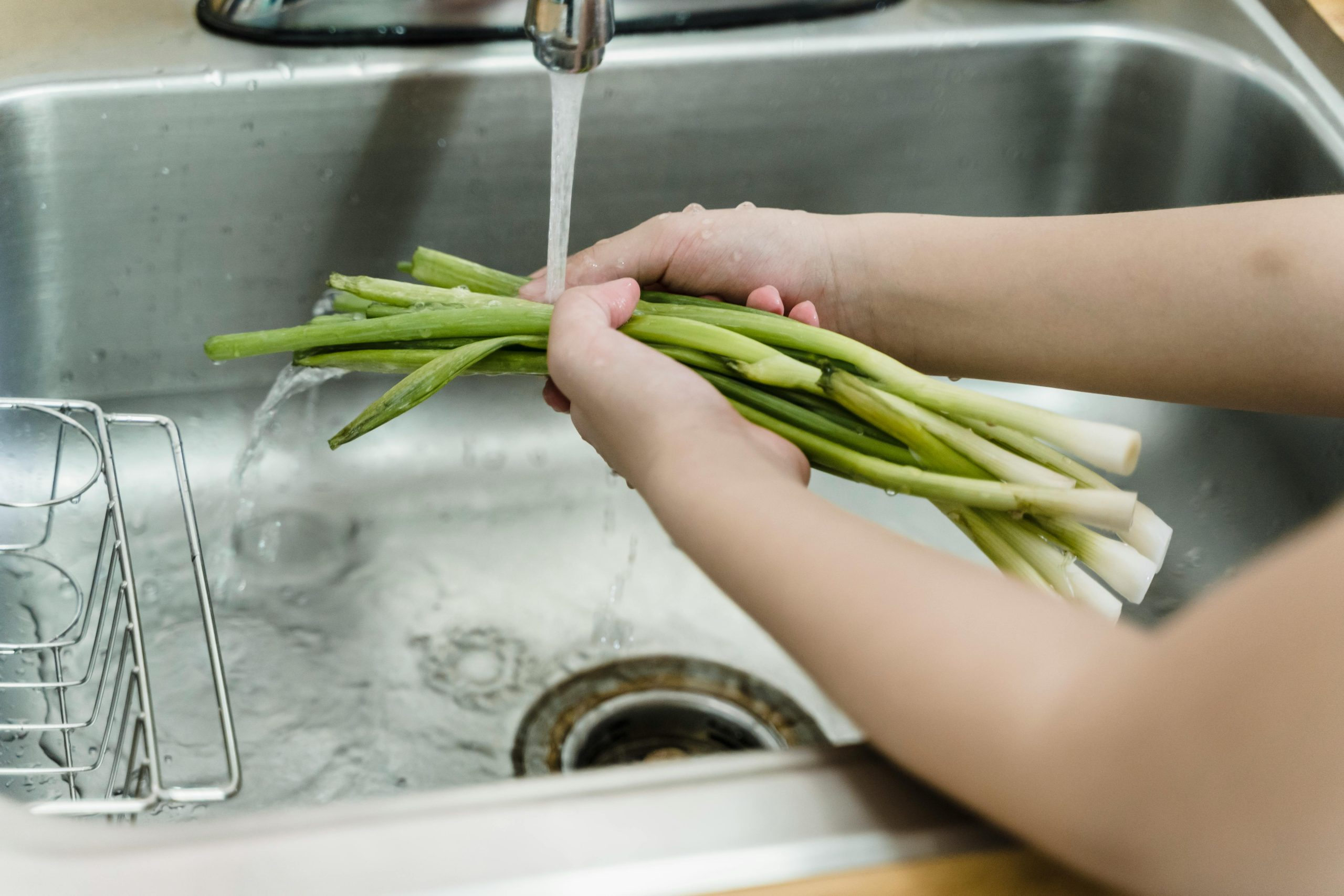How to Choose the Right Water Filter for Drinking and Cooking
Water is a basic necessity for survival and it is essential to ensure that the water we drink and use for cooking is safe and free from harmful contaminants. With the increasing levels of pollution in our environment, tap water may not always be the safest option for consumption. This is where water filters come into play. Investing in a good water filter is crucial to protect the health of you and your family. However, with the wide range of options available in the market, it can be overwhelming and confusing to choose the right water filter for your needs. In this article, we will guide you through the process of selecting the perfect water filter for drinking and cooking, taking into consideration various factors including your budget, water quality, and specific filtration needs.
Understanding Water Contaminants
In order to choose the right water filter, it is important to understand the different types of contaminants that can be found in water. These include microorganisms, heavy metals, chemicals, and sediment. Microorganisms such as bacteria, viruses, and parasites can cause various illnesses, while heavy metals like lead and arsenic can be detrimental to our health in the long run. Chemicals such as chlorine and pesticides are also commonly found in tap water and can have harmful effects on our body. Sediment, which includes dirt and rust, can affect the taste of water and also cause clogging in household appliances.
Types of Water Filters
There are various types of water filters available in the market, each catering to specific needs and preferences. Some of the common types include:
1. Activated Carbon Filters
These filters use a form of carbon that has been treated to make it extremely porous and increase its surface area. This allows it to effectively remove chlorine, chemicals, and some heavy metals from water. However, it may not be as effective in removing other contaminants such as bacteria and viruses.
2. Reverse Osmosis Filters
These filters use a semi-permeable membrane to remove a wide range of contaminants including heavy metals, chemicals, and microorganisms. However, they can also remove beneficial minerals from the water, so it is important to consider getting a remineralization filter along with it.
3. Ultra Violet (UV) Filters
These filters use UV light to kill bacteria, viruses, and other microorganisms present in water. They are highly effective in disinfecting water, but may not be able to remove other types of contaminants.
4. Gravity Filters
Gravity filters are a good option for those who do not want to use electricity or a water connection. These filters use a combination of activated carbon, ceramic, and/or sediment filters to remove various contaminants. They are affordable and easy to maintain, but they may not be as effective as other types of filters in removing certain contaminants.
Consider Your Water Quality
The type of water filter you choose should also depend on the quality of your tap water. The best way to determine this is by getting a water quality report from the local water supplier. This report will list the various contaminants present in the water and their levels. Once you have this information, you can select a filter that specifically targets those contaminants.
Determine Your Budget
The price of water filters can vary significantly, so it is important to determine your budget beforehand. Keep in mind that some filters may be cost-effective initially, but may require frequent replacement of cartridges or maintenance. It is advisable to invest in a good quality water filter that may be a bit expensive initially, but will save you money in the long run.
Consider Your Specific Filtration Needs
Apart from removing contaminants, water filters also have additional features that cater to specific needs. For example, if you have hard water, you may need a water softener along with your filter. If you are concerned about the taste of water, consider getting a filter with a remineralization feature. Some filters also have a built-in water cooler or dispenser, which can be convenient for family use.
In Summary
Choosing the right water filter for drinking and cooking is crucial to ensure the safety and purity of your water. Understand the different types of water contaminants, research the types of filters available, and consider your budget and filtration needs before making a decision. Regular maintenance and replacement of filters is also essential to ensure the longevity and effectiveness of your filter. With the right water filter in place, you can have peace of mind knowing that you and your loved ones are consuming clean and safe water every day.










